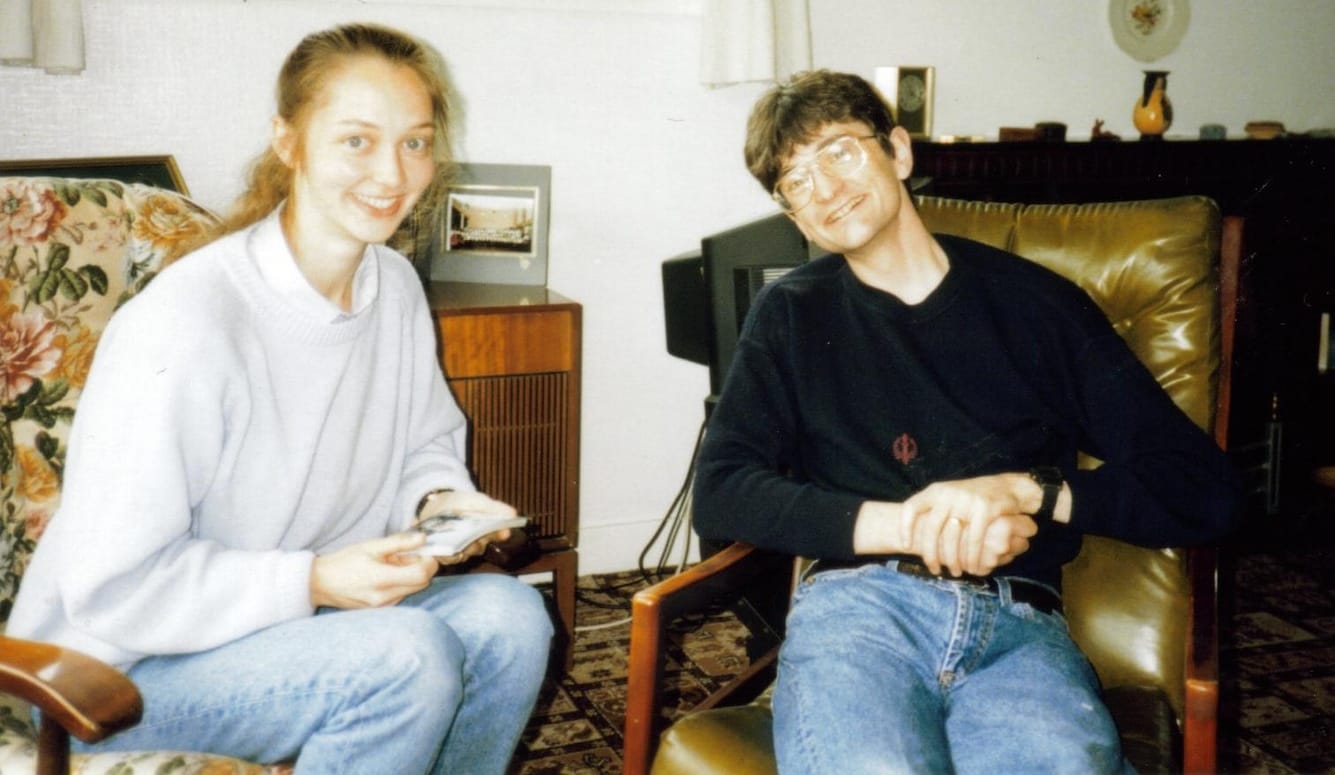Transgender
Transition and Apostasy: A Wife’s Perspective
The wife of a biologically male transsexual explains how she helped her gender dysphoric spouse look beyond the simplistic slogans offered by online activists.
· 10 min read

Keep reading
Glamourising Violence at Glastonbury
John Aziz
· 8 min read
From Welfare to Warfare
John Lloyd
· 7 min read
Stealing Australia and Buying New Zealand
Sean Welsh
· 16 min read
After Liberal Internationalism
Matt Johnson
· 21 min read





